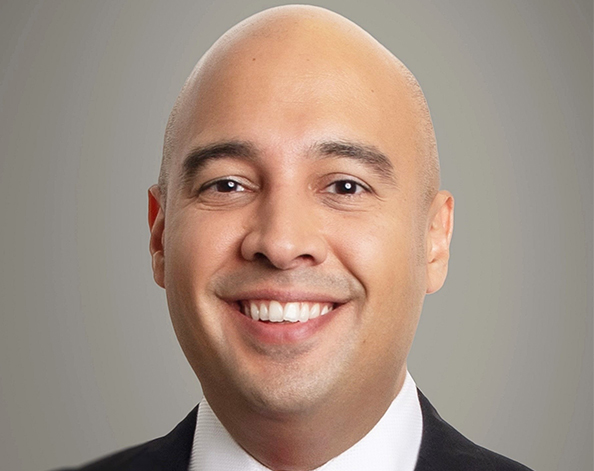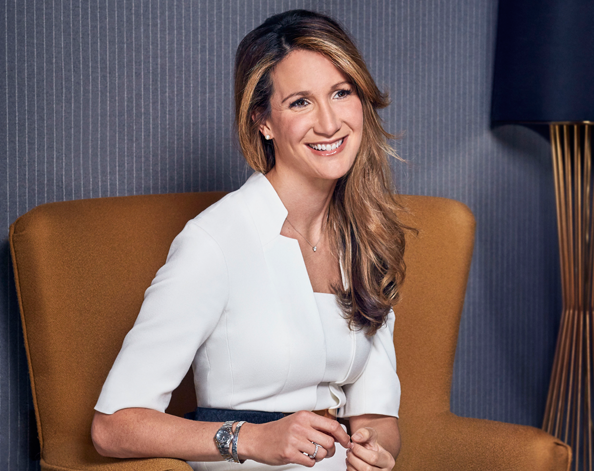Summary
Where next for the office?
As more buyers and renters look to escape the city commute and work from wherever they choose, the future of the city centre has been called into question.
What does flexible working mean for retail?
The exodus of office workers from town and city centres has had a knock-on effect for high street footfall.
Changing spaces and commercial trends
Noting that Retail pop-ups now represent a £1 billion industry, the sector has grown through 2020 as a result of store operators reassessing their rental liabilities and store portfolios.
A pivoting commercial sector
When it comes to offices holding value, the emphasis is on flexibility, serviced offices or flexible workspaces are thought to be a key area of future growth.
Where next for the office?
As more buyers and renters look to escape the city commute and work from wherever they choose, the future of the city centre has been called into question.
“We’re seeing a number of more traditional businesses, such as Schroders, permanently embrace flexible working, I expect to see that continue. As a result, many firms will downsize as they need less space.”
- Erin Clarke, Structured Property Finance
Whether downsizing, adopting a model with a hub office and satellite workers, or abandoning the office completely, the role of the office is likely to evolve.
New World Disorder, a review conducted by The Future Laboratory and commissioned by Investec, explored the opportunities posed by the forthcoming ‘decade of disruption’ – including the future of the office as nomadic with flexible styles of working increasingly becoming the norm. The report noted the role of the office as a hiring tool, predicting that it would become “a key draw card in a company’s ability to attract top talent.” This is something our experts resoundingly agree with.

Going forward, offices are not going to function as ‘email factories.' They’ll be showrooms for businesses to showcase themselves to talent, as well as to potential clients.
As for the amount of office space currently left vacant, there is an emerging trend towards office space being converted into residential units. In September, Great Marlborough Estates acquired the one-acre site Empire House, a vacant office building which will be redeveloped as residential housing. The deal will see the delivery of 137 new homes.
What does flexible working mean for retail?
The exodus of office workers from town and city centres has had a knock-on effect for high street footfall.
Such dramatic changes to consumer footfall and their demands from retailers are fuelling a period of adaptation and innovation within the market, as retailers primarily focus on cash preservation.
Retailer John Lewis is an example of strong adaptation. It's looking to turn surplus stores into affordable housing and renting unused storage facilities to gyms, housing projects, and other sectors expected to bounce back. Similarly, the Broadwalk Shopping Centre in Edgware, north London, has been acquired for redevelopment with the intention of being adapted for mixed-use with new homes, shops and businesses.
Changing spaces and commercial trends
Savills suggests that the innovation being seen in retail could include seeing more short-term stores popping up in global retail destinations. Noting that retail pop-ups now represent a £1 billion industry, the firm points out how this sector has grown through 2020 as a result of store operators reassessing their rental liabilities and store portfolios. There’s also the additional benefit of temporary spaces allowing tenants to apply COVID-19 friendly measures rather than having to adapt a legacy site.
Similarly, JLL’s early assessment of the impact of COVID-19 on the commercial property sector highlights the expectations of a growing logistics and warehousing space, particularly as operators are forced to focus on supply chain risk mitigation. This has come into fruition as a consequence of the boom in e-commerce, which has driven a huge uptick in demand; Knight Frank reports that it could drive demand for 92 million sq ft of warehouse space across the UK by 2024.

Our clients and wider well-capitalised investors will certainly see the current commercial property market as an opportunity to not only buy at rebased prices but also to create value in what becomes a dislocated and disrupted market. Investec will aim to partner and support them on that journey.
Finally, alternative investments such as student accommodation are also seeing growing interest. Economic downturns – and thus a faltering jobs market – typically see a rise in young people in education and greater demand for university accommodation. For property investors, an eye on emerging trends – be they sectors like logistics undergoing a boom, or growing areas of demand such as buy-to-let, can be crucial to future-proof a portfolio.

We agreed to provide Scape, the global purpose-built student accommodation (PBSA) provider, with a £17.5 million senior loan to fund the acquisition and development of its Thanet Street scheme in Bloomsbury, London WC1. Despite short-term uncertainty affecting the sector, the city’s enduring international appeal and challenging planning restrictions continue to underpin favourable supply-demand dynamics. We remain steadfast in our conviction that the PBSA sector will continue to be a sought after asset class by both UK and global investors.
Conclusion: A pivoting commercial sector
Thanks to a shift away from the office and restrictions limiting time spent in retail and social spaces, the commercial property sector has seen huge challenges in 2020 and has been forced to adapt accordingly. So what conclusions have our experts drawn?
Serviced offices or flexible workspaces key area of future growth.
Firstly, when it comes to offices holding value, the emphasis is on flexibility. Serviced offices or flexible workspaces are thought to be a key area of future growth. Once businesses are eventually able to start transitioning staff back to the office more fully, the flexible workspace market will be a crucial stop-gap in helping businesses transition, due to the agility offered by flexible leases and a ‘plug and play’ model. The same seems to goes for retail space, with many pointing to how excess space can be repurposed or made more flexible.
Our experts note the value of portfolio diversity. Investors seem to be reassessing the weighting of their portfolios, particularly given shifting demand away from office blocks and instead towards smaller, more premium office space and office space in more rural locations. Bearing in mind trends, such as those seen in student accommodation and pop-ups, when it comes to investment portfolios, Paddy Dring, Knight Frank’s Global Head of Prime Salespoints, acknowledges the potential of these alternative asset classes, saying, “Look at where opportunity is arising within the commercial property sector. This might be logistics, healthcare or agriculture, for example.”
Retail space excess space can be repurposed or made more flexible.
One thing that our experts seem to agree on is that commercial property is undergoing huge change and will continue to do so into the future, especially while restrictions continue to shape the lives of people living in the UK. While trends are accelerating around e-commerce and work-from-home, the question is whether current measures lead to long-term behavioural changes – and if so, how quickly and cleverly different sectors must adapt.

We helped an entrepreneur grow his business. Our Private Capital team backed the majority shareholder of TOWER Cold Chain Solutions to inject new capital to fund a 400% expansion of its stock of reusable containers. The added size and scale this provides enabled the company to follow its clients into new markets and present itself as a strategic partner to the global pharmaceutical and pharma-logistics industries.


